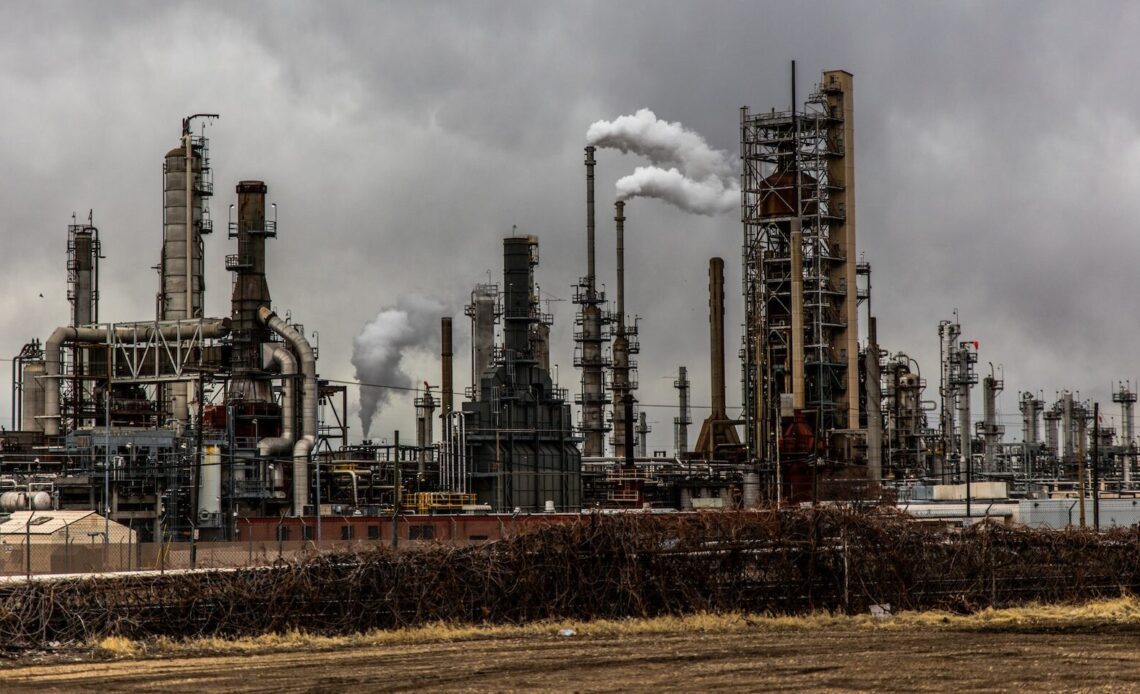Support for oil and gas projects is often justified on economic grounds: they fuel the economy and create jobs. But do those arguments hold up?
Even leaving aside the enormous costs of climate-related disasters such as flooding, drought and increasing water scarcity, and pollution-related health impacts and premature deaths, fossil fuel operations cost society more than they bring in. Owners and shareholders are raking in massive amounts of money — but at what cost to the rest of us?
Consider the Trans Mountain pipeline twinning project, which the Canadian government bought from Kinder Morgan for $4.5 billion in 2018, promising to build it for a total of $7.4 billion. As Andrew Nikiforuk points out in the Tyee, “That figure … soon ballooned to $12.6 billion in 2020. Last year it climbed to $21.4 billion. It now stands at $30.9 billion and counting.”
Most pipeline employment is during construction only. That’s a lot of money to pay for a limited number of short-term jobs. But Houston-based Kinder Morgan is doing OK — its profits are rising in step with global conflicts. And the companies poised to increase bitumen shipments from the Alberta oilsands to the coast for export should also benefit, especially with generously low fees, or “tolls,” they pay to use the pipeline.
And, as Nikiforuk writes, thanks to a deal the companies signed, “shippers will only have to pay 22 per cent of the actual cost of overruns beyond the original $7.4-billion budget,” which means “you the taxpayer, are liable, at this point, for 78 per cent of the overruns.”
Consider also the many old oil and gas wells in Alberta (and elsewhere) that continue to pollute land, water and air long after their owners have moved on — including leaking the potent greenhouse gas methane. Companies are legally required to clean up after themselves once operations are finished, but many don’t, for various reasons. Sometimes they just declare bankruptcy when they’re done, with owners moving on to new ventures, leaving farmers, ranchers and communities to live with the messes.
Now, Alberta’s government wants taxpayers to dip into their wallets for cleanup. The government has proposed a three-year pilot program that would “offer $100 million in royalty credits to companies that clean up inactive, suspended or partially abandoned wells at least 20 years old and drilled prior to 1980,” the Narwhal reports.
On top of the Alberta plan, the federal government gave the…
Click Here to Read the Full Original Article at rabble.ca…

